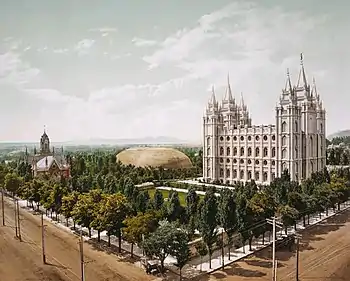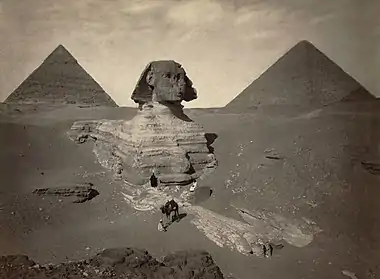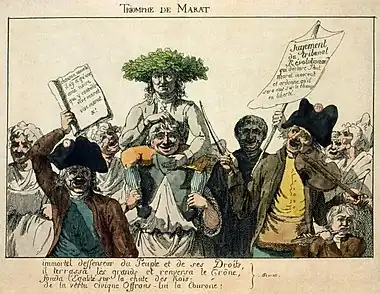The History Portal
History (derived from Ancient Greek ἱστορία (historía) 'inquiry; knowledge acquired by investigation') is the systematic study and documentation of the human past.
The period of events before the invention of writing systems is considered prehistory. "History" is an umbrella term comprising past events as well as the memory, discovery, collection, organization, presentation, and interpretation of these events. Historians seek knowledge of the past using historical sources such as written documents, oral accounts, art and material artifacts, and ecological markers. History is incomplete and still has debatable mysteries.
History is an academic discipline which uses a narrative to describe, examine, question, and analyze past events, and investigate their patterns of cause and effect. Historians debate which narrative best explains an event, as well as the significance of different causes and effects. Historians debate the nature of history as an end in itself, and its usefulness in giving perspective on the problems of the present.
Stories common to a particular culture, but not supported by external sources (such as the tales surrounding King Arthur), are usually classified as cultural heritage or legends. History differs from myth in that it is supported by verifiable evidence. However, ancient cultural influences have helped create variant interpretations of the nature of history, which have evolved over the centuries and continue to change today. The modern study of history is wide-ranging, and includes the study of specific regions and certain topical or thematic elements of historical investigation. History is taught as a part of primary and secondary education, and the academic study of history is a major discipline in universities.
Herodotus, a 5th-century BC Greek historian, is often considered the "father of history", as one of the first historians in the Western tradition, though he has been criticized as the "father of lies". Along with his contemporary Thucydides, he helped form the foundations for the modern study of past events and societies. Their works continue to be read today, and the gap between the culture-focused Herodotus and the military-focused Thucydides remains a point of contention or approach in modern historical writing. In East Asia, a state chronicle, the Spring and Autumn Annals, was reputed to date from as early as 722 BC, though only 2nd-century BC texts have survived. (Full article...)
 Featured articles –
Featured articles –
Featured picture
Did you know (auto generated)
- ... that neurologist Christopher J. Boes has discussed the history of treating headaches without drugs?
- ... that Fairleigh Dickinson's upset victory over Purdue was the biggest upset in terms of point spread in NCAA tournament history, with Purdue being a 23+1⁄2-point favorite?
- ... that Chris Wroblewski was the starting point guard for the winningest team in Ivy League history?
- ... that Art Rooney Jr. presided over what one Pro Football Hall of Fame selector described as "the best drafting run in NFL history"?
- ... that much of the research in dress history has been done from documents, illustrations, and photographs rather than by studying items of clothing?
- ... that the Los Angeles Sparks have the most wins and highest winning percentage in WNBA history?
 Featured biography –
Featured biography –
Roger Norreis (died between 1223 and 1225) was Abbot of Evesham in England. He was a controversial figure, installed in several offices against opposition. In his appointment to Evesham, he was accused of immoral behaviour and failing to follow monastic rules. In 1202, Norreis became embroiled in a dispute with his monks and his episcopal superior the Bishop of Worcester; litigation and argumentation lasted until his deposition in 1213. He was then appointed prior of a subsidiary monastic house of Evesham, but was deposed within months, then re-appointed to the office five years later.
Norreis has been described by modern historians as being unsuited for the religious positions to which he was appointed and by one of being completely unsuitable to hold any kind of spiritual role. Nevertheless, even his most severe contemporary critic, Thomas of Marlborough, one of his own monks at Evesham, conceded that Norreis was energetic, entertaining, and enterprising; during his time as abbot of Evesham Abbey he managed to complete the crossing tower of the monastic church. (Full article...)On this day
January 18: Laba Festival in China (2024)

- 1871 – A number of previously independent states unified to form the German Empire, with Wilhelm I as its emperor.
- 1951 – Construction began of the United Nations Military Cemetery (pictured), the only United Nations cemetery in the world, in Busan, South Korea.
- 1956 – Navvab Safavi, an Iranian Shia cleric and the founder of the fundamentalist group Fada'iyan-e Islam, was executed with three of his followers for attempting to assassinate Prime Minister Hossein Ala'.
- 1969 – Thousands of Japanese police stormed the University of Tokyo after six months of nationwide leftist university student protests and occupation.
- 1983 – Thirty years after his death, the International Olympic Committee presented commemorative medals to the family of American athlete Jim Thorpe, who had been stripped of his gold medals for playing semi-professional baseball before the 1912 Summer Olympics.
- Isabella Jagiellon (b. 1519)
- Elena Arizmendi Mejía (b. 1884)
- Philippe Starck (b. 1949)
- Bruce Chatwin (d. 1989)
Selected quote
Truth alone will endure, all the rest will be swept away before the tide of time. I must continue to bear testimony to truth even if I am forsaken by all. Mine may today be a voice in the wilderness, but it will be heard when all other voices are silenced, if it is the voice of Truth.
— Gandhi, Indian political and spiritual leader
Related portals
More Did you know...
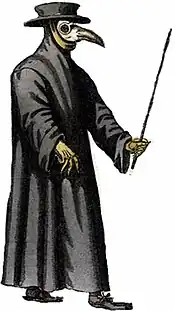
- ... that Giovanni de Ventura, a plague doctor who may have worn a beak doctor costume (pictured), was restricted by a covenant to treat only infectious patients? In the nose of the mask, there were types of plants that were used to filter the sickness from the wearer.
- ... that in some archaic Greek alphabets, an Ε could look like a Β, a Β like a C, a Γ like an Ι, an Ι like a Σ, or a Σ like an Μ?
- ... that the Chinese government has published a list of sixty-four important cultural relics that are forbidden to be exhibited outside of China?
- ... that the 1886 novel Albertine expedited the abolition of public prostitution in Norway?
- ... that Carl Sagan worked with the US Air Force on detonating a nuclear device on the Moon?
- ... that Olympic gold medals have been made out of silver, jade, and glass?
- ... that in 1945 a Japanese battalion was rearmed to serve alongside the British 5th Parachute Brigade in the Far East?
- ... that Solomon was accidentally castrated as an infant?
Topics
Categories
History • By period • By region • By topic • By ethnic group • Historiography • Archaeology • Books • Maps • Images • Magazines • Organizations • Fictional • Museums • Pseudohistory • Stubs • Timelines • Chronology • People • Wikipedia historians
WikiProjects
![]() WikiProject History •
Ancient Near East • Australian History • Classical Greece and Rome • Dacia • Former countries • History of Canada • Chinese history • European history • Heraldry and vexillology • Indian history • Jewish history • Medieval Scotland • Mesoamerica • Military history • Middle Ages • History of Science
WikiProject History •
Ancient Near East • Australian History • Classical Greece and Rome • Dacia • Former countries • History of Canada • Chinese history • European history • Heraldry and vexillology • Indian history • Jewish history • Medieval Scotland • Mesoamerica • Military history • Middle Ages • History of Science
WikiProject Time • Days of the Year • Years
WikiProject Biography • Composers • Political figures • Saints • United States Presidents
Things you can do
 |
Here are some tasks awaiting attention:
|
Associated Wikimedia
The following Wikimedia Foundation sister projects provide more on this subject:
-
 Commons
Commons
Free media repository -
 Wikibooks
Wikibooks
Free textbooks and manuals -
 Wikidata
Wikidata
Free knowledge base -
 Wikinews
Wikinews
Free-content news -
 Wikiquote
Wikiquote
Collection of quotations -
 Wikisource
Wikisource
Free-content library -
 Wikiversity
Wikiversity
Free learning tools -
 Wiktionary
Wiktionary
Dictionary and thesaurus
-
 List of all portals
List of all portals -

-

-

-

-

-

-

-

-

-
 Random portal
Random portal -
 WikiProject Portals
WikiProject Portals


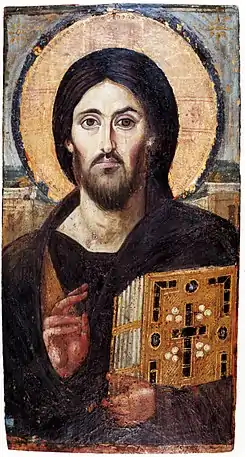










.jpg.webp)
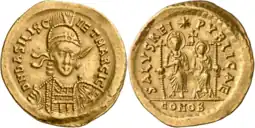
.jpg.webp)

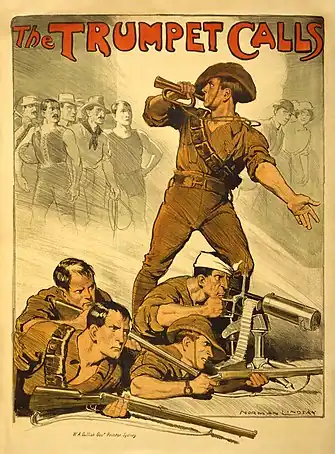





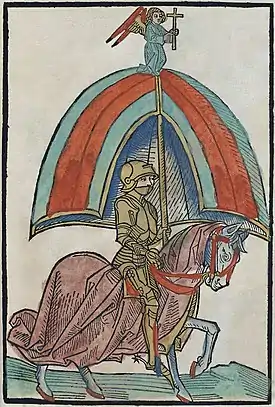
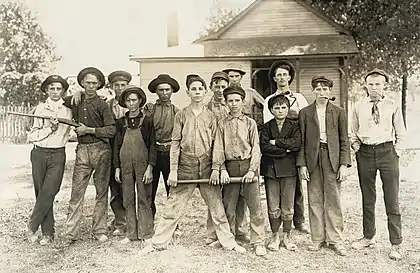
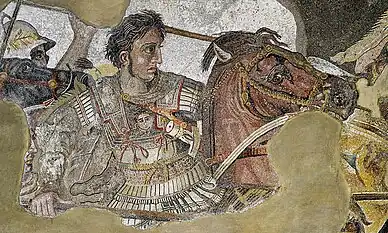

.jpg.webp)
